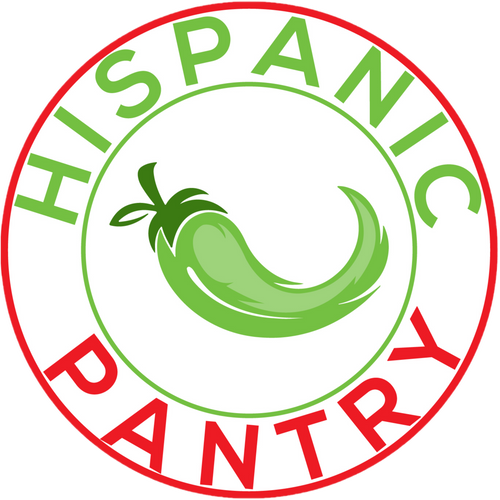The history of Colombian coffee is deeply intertwined with the country's socio-economic development, and the cultivation of coffee has played a crucial role in shaping Colombia's identity and global reputation.

Here's a brief overview of the history of Colombian coffee:
- Introduction of coffee: Coffee was introduced to Colombia in the early 19th century by Jesuit priests. The initial coffee plantations were established in the eastern part of the country, in the departments of Santander and Norte de Santander. These areas provided ideal conditions for coffee cultivation.
- Expansion and Growth: Coffee cultivation expanded rapidly in the mid-19th century, and the crop quickly spread to other regions with suitable climates and altitudes. The coffee industry became a major economic force, and the "Coffee Belt" emerged, covering regions like Antioquia, Caldas, Valle del Cauca and Quindío.
- Formation of Coffee Cooperatives: In the early 20th century, Colombian coffee farmers began to organize themselves into cooperatives. One of the most influential organisations was the National Federation of Coffee Growers of Colombia (Federación Nacional de Cafeteros de Colombia), established in 1927. This federation played a pivotal role in coordinating production, marketing, and research activities within the Colombian coffee industry.
- 1940s Coffee Boom: During the 1940s, Colombian coffee experienced a significant boom in international markets. The demand for high-quality Arabica coffee grew, and Colombia's reputation as a producer of premium coffee strengthened.
- Creation of Juan Valdez: In 1958, the National Federation of Coffee Growers introduced the fictional character Juan Valdez as a marketing symbol to represent Colombian coffee. This innovative campaign helped distinguish Colombian coffee in the global market, emphasizing its quality and the care taken by Colombian coffee farmers.
- Coffee Crisis: In the 1980s and 1990s, Colombia, like other coffee-producing nations, faced challenges due to a decline in coffee prices globally. This period is often referred to as the "coffee crisis," and it had significant economic repercussions for Colombian coffee farmers.
- Recovery and Specialty Coffee: In response to the crisis, Colombia implemented strategies to improve coffee quality, and the country increasingly focused on producing specialty coffees. The emphasis on quality, along with sustainable and ethical practices, helped Colombian coffee regain prominence in international markets.
Today, Colombian coffee is renowned for its high quality, well-balanced flavour and distinct characteristics. The country remains one of the world's top coffee producers and exporters, and its coffee industry continues to be a vital part of Colombia's economy.

How did Juan Valdez impact Colombian coffee's global image?
Juan Valdez has had a significant and positive impact on shaping the global image of Colombian coffee. Here are several ways in which the fictional character contributed to the promotion and recognition of Colombian coffee:
-
Distinctive Identity: Juan Valdez provided Colombian coffee with a distinctive and memorable identity. The character, portrayed as a hardworking coffee farmer with his mule, Conchita, became an iconic symbol that differentiated Colombian coffee from products of other coffee-producing countries.
-
Quality Perception: The imagery associated with Juan Valdez emphasized the idea that Colombian coffee was grown and harvested with care and attention to quality.
-
Cultural Connection: Juan Valdez created a cultural connection between Colombian coffee and its origins. The character became a representation of the rich coffee culture and tradition in Colombia, fostering a sense of pride and authenticity associated with the product.
-
Global Recognition: The marketing campaign featuring Juan Valdez was highly successful in terms of global recognition. The character and the associated imagery became synonymous with Colombian coffee, helping the country stand out in the competitive international coffee market.
-
Promotion of Colombian Coffee Values: The character of Juan Valdez was designed to embody the values of hard work, dedication and a commitment to quality.
-
Longevity and Enduring Appeal: The character of Juan Valdez has endured over the years, maintaining its relevance and appeal.
While Juan Valdez is a fictional character, it continues to be a powerful symbol that represents the tradition, quality and authenticity of Colombian coffee on the global stage.
Check out our Juan Valdez Colombian Coffee range!

